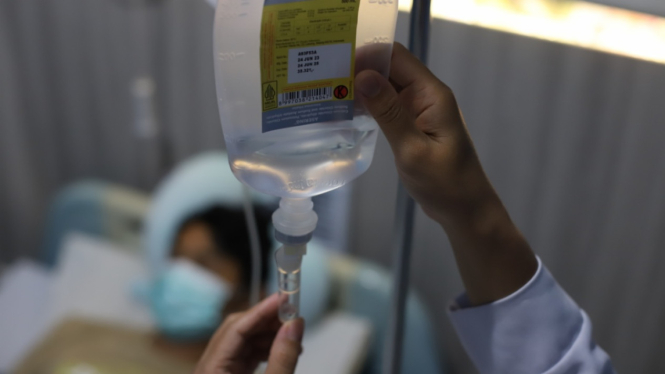- http://infosista.com
VIVA – In recent times, the daily temperature on Earth has changed significantly. Even some countries, including Indonesia, have also experienced extreme heatwave.
Even the government had also issued guidelines for outdoor activities amid extreme heatwave. Not only does it cause the risk of heat stroke, but the hot temperatures that have occurred in recent times can also affect male and female fertility.
A study from the University of East Anglia found that male fertility may be threatened by climate change.
The researchers found that heat waves can damage sperm and have lasting effects on future generations. In male humans, sperm production occurs in the testes. For that, the temperature of the testicles must be cooler than the temperature in the body.
According to researchers, high temperatures of 9 to 13 degrees above the forecast for five consecutive days can damage male fertility.
Ilustrasi cuaca panas.
- Pixabay
In most mammalian species including cattle, heat stress has negative effects on nutritional, physiological, and reproductive functions.
Meanwhile, in females, extreme heat adversely affects oogenesis (the differentiation of an egg into a cell competent to develop further when fertilized), oocyte maturation (during this process a fully grown oocyte becomes fertilizable), fertilization progression, and implantation rates.
Extreme heat can also negatively affect a woman's reproductive health. This can be more dangerous for women who are pregnant or have underlying health conditions.
As per reports, heat stress can alter the hormonal balance in the body. This can disrupt the menstrual cycle, causing irregular periods, more bleeding, and increased pain during menstruation.
In extreme cases, heat stress can also cause amenorrhea, which is the absence of menstruation in women.
Not only that, several studies around the world have documented that pregnant women and newborns can have negative health impacts from exposure to high ambient temperatures.































